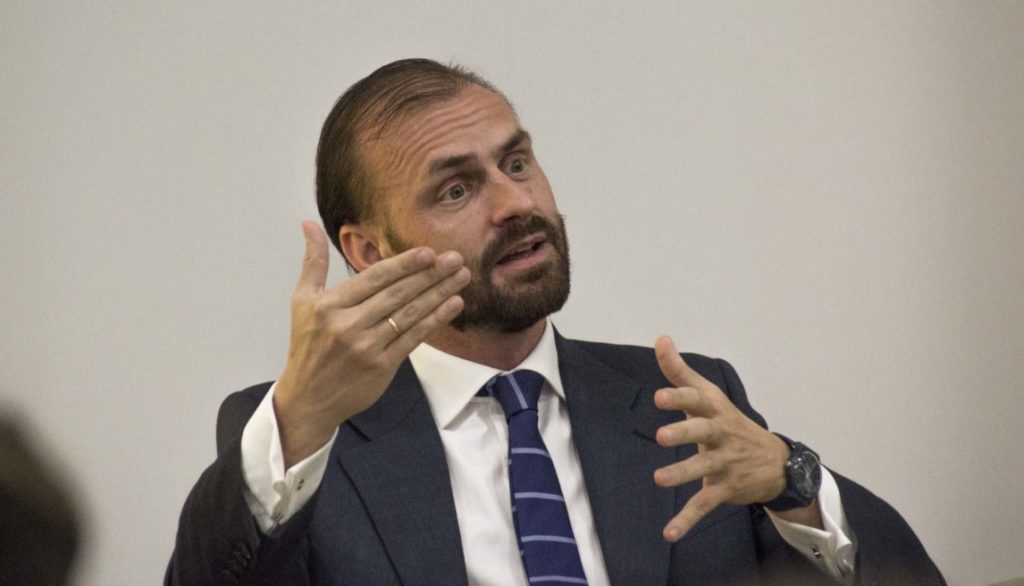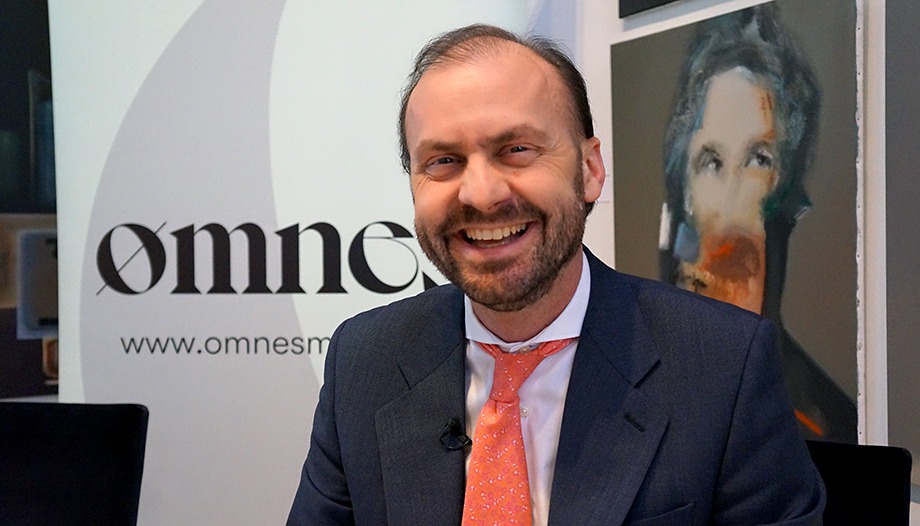
You have recently published a book on celibacy. What led you to make this decision? I have had the good fortune to share training with over a thousand different priests and as many lay people, and there is a growing interest in better understanding and living celibacy.
So it is born out of real contact with people living celibacy, their contributions and doubts? Indeed, it was of practical interest to people who wanted to delve into the meaning and significance of this reality in their lives or in the lives of family members. In recent years I have had many conversations about celibacy in formation meetings with priests, religious and lay people. As I experienced that what we talked about gave them light and helped them, it seemed to me that putting it in writing could be useful.
Isn't it old-fashioned? My experience is that it is not, but very much alive and with many people who want to live it fully. I think it is interesting and exciting to talk about celibacy as a reality proper to Catholics that brings a lot of richness. I suggest that, whoever wants to question celibacy, should do so in a festive and celebratory atmosphere, with the interest of understanding it, living it, feeling it and being enriched by it.
Who is the target audience? I have written it primarily for those who live it as a particular vocation, but also for any Christian. I hope that it will serve to better understand how celibacy enriches the life of the Church, the Christian life and the particular vocation of each one of us.
Also for married people? Yes, this is very enlightening because, as the Catechism says, celibacy and marriage "...are two of the most important aspects of marriage.are inseparable and mutually supportive". Thus, I hope it will be thought-provoking both for those who live celibacy and for those who share it more directly in the family-for example, for parents who are told by a daughter that she will live celibacy-and for anyone who wants to learn more about how to enrich their Christian life through the presence in their life of people who live celibacy.
And for all styles of celibacy? There is a greater emphasis on the celibacy of the laity in the midst of the world and at the same time references and foundations for common factors such as spousality and nuptiality; the priesthood as a priestly ministry and as a common priesthood of all the faithful; the specific mission; the Eucharist; the imitation of Christ; the witness of union with God; motherhood and fatherhood, etc.
You are a psychiatrist and author of a study on affectivity and priestly life. What does your study conclude that can help in the affective life of the priest? This study is now published in the academic journal Scripta Theologica and is accessible. After interviewing 140 priests, we concluded that there are eight dimensions of development of priestly affective life: the relationship with God and the spiritual life; friendship in general with all kinds of people; having a good spiritual accompaniment and maintained over time; living the priestly fraternity in an active way, both to let oneself be loved and to love; ongoing formation, both as a background attitude to have a beginner's mind and to receive formation and study the various and new aspects of priestly life; personal care in the physical (eating, sleeping, physical exercise, hobbies) and mental (rest, limits, balance in relationships); psychological knowledge about how we function as persons; and having a clear and structured mission, which facilitates concrete service.
Did you encounter any results that surprised you? Yes, with regard to loneliness. New research hypotheses were generated about the loneliness felt by priests. They referred to it as a challenge and it was the main risk referred to, but we do not know if they were referring to physical loneliness due to the isolation they may have, affective loneliness due to not feeling loved, institutional loneliness due to lack of support, psychological loneliness due to having an insecure attachment system, pastoral loneliness due to the excess of tasks, social or emotional.
Doesn't it make sense that a priest should cultivate solitude? Yes, this is something we raised in the discussion. It could be that they were not taking advantage of the solitude of the celibate to cultivate their particular and complicit relationship with God, an intimate environment in which to court him. Shortly we will begin a specific study on loneliness in priests, with the intention of knowing better what it is that worries them and to propose practical tools to solve it.

What tools are already known to be effective in reducing this loneliness? Specific studies with priests have found protective factors such as living in community, having a well-cared spiritual life, having the support of other priests, having a good social network (general friendship and with other priests), taking care of one's health and being able to rest, the organizational system being less hierarchical and more motivating/collaborative, teamwork, maintaining the limits in the different dimensions of life, extroversion, optimism and the capacity for commitment. As a song by Ariel Rot says: he who has a love that takes care of him / and keeps the illusion.
I am now working on another study on priestly loneliness on which I am in the middle of fieldwork.
Do you address this issue of loneliness in your book on celibacy? Yes, the subtitle of the book is "Enjoy your gift". Being a gift that enables you to love everything, everyone and everything, it should be a protective factor against loneliness, because the celibate life is called to be constantly inhabited by many people, without any of them staying to live in your "inner home" or you staying to live exclusively in any of them. However, it has a proportion of loneliness that is necessary to tolerate and that at the same time facilitates your entry into that area where you can be alone with God, in that exclusive spiritual relationship, even though you are a priest, not a coach or an NGO cooperant or a social agent.
The current Prefect of the Dicastery for the Clergy, Cardinal Lazzaro You said to Omnes that "a person is never alone if he seeks to live in God. Our God is not solitude, he is One and Triune". Perhaps this solitude is the safe where the treasure is hidden and it is necessary to find the key and thus be able to sing with St. John of the Cross: In solitude she lived / and in solitude she has already placed her nest / and in solitude she guides her / alone her beloved / also in solitude of wounded love.. It is a solitude where the self can detach itself from ego, selfishness, narcissism, egotism, and enter the tent shared with the Trinity, without masks or clothing.
Loneliness or isolation can also lead to addictions. Yes, it is something known for both substance and behavioral addictions (gambling, sex, pornography, screens), because they complete a need you have for satisfaction and fulfillment.
How to prevent them? In order for an adult priest to help prevent them, he must know if he has a predisposition to get hooked, because in him or in the family there is a history, because he is more impulsive, with a greater tendency to seek novelty or because he has anxiety or low spirits. Thus, he will be more vigilant and will take care of how to deal with this.
In addition, to have an interesting personal life design, with a concrete individual life project, with objectives and goals that involve them in their development. They must be alive and not robots without initiative.
You need to keep your feet on the ground and know that it is easy to develop harmful habits with screens, series or pornography if you don't take care of yourself. They are ordinary people. If they take care of the eight dimensions mentioned above, the effectiveness of prevention is assured.
How to seek help to get out of them? It is enough to go to the primary care physician, to a public or private specialized center. In Internet search engines they appear immediately.
Like a car that needs all four wheels on properly. What would they be? Biological: treating underlying diseases, drugs to control symptoms. Psychological: motivation to change, hope for a better life, to enjoy again, to re-humanize, to fill in their deficiencies and develop new habits, and emotional regulation and coping strategies. Help groups such as Alcoholics Anonymous can be useful, and there are groups of all kinds. Personal attitude: recognize reality, accept it, be honest and sincere, assume responsibilities. Environmental: a change of scenarios and relationships will be necessary.